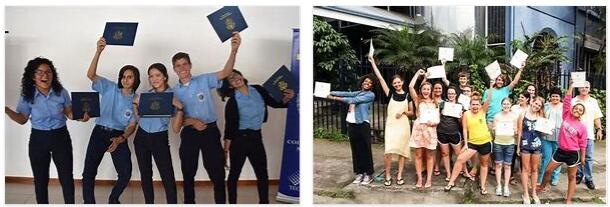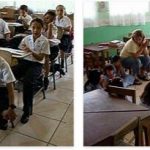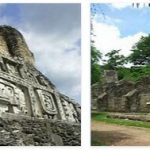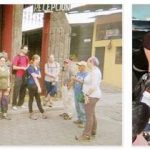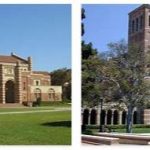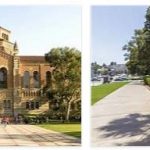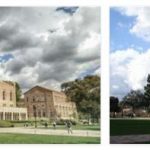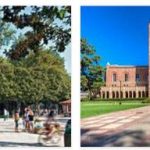University landscape in Costa Rica
Despite the small size of the country, Costa Rica has over 50 private and five state universities. The level of study is particularly high at the state universities. They are larger than the private universities and usually specialize in certain disciplines.
National research takes place primarily at the Universidades and their affiliated Colegios Académicos. Research in the life sciences and tropical biology has a special position in Costa Rica. There are also extensive courses in the areas of environmental science, environmental management and tourism management.
The private institutions are mostly devoted less to a purely academic than to vocational training. There are numerous vocational universities and vocational colleges, the so-called Institutos Tecnológicos and Colegios Técnicos Profesionales. The study programs of these private universities are designed for shorter periods of time because, in contrast to those of the state universities, they often do without general education courses. The Ministerio de Educación Pública oversees the quality of all state and private Costa Rican educational institutions.
Costa Rica’s study system
The academic year in Costa Rica is generally divided into two semesters. It is also less common for three trimesters. The events usually last three hours and are divided into lectures, courses and internships.
Due to the small course sizes of usually no more than 30 students, the working atmosphere in studying in Costa Rica is intense and the learning effect is correspondingly high. The demands of the lecturers on the students are also high: the processing of extensive literature lists and homework are part of studying in Costa Rica.
Grado asociado and Profesor
The study system consists of several independent degrees. The first stage consists of the three-year study programs that lead to the Grado asociado. However, this does not yet constitute an actual academic degree. Most of the time, graduates therefore follow up with further studies at this degree. Specifically on the teacher training which is also three-year study is to Profesor aligned.
Bachillerato universitario and Licenciatura
The longer academic courses in Costa Rica are divided into the areas Pregrado and Posgrado. The first-mentioned area includes the four-year course at the Bachillerato universitario. It roughly corresponds to a German bachelor’s degree and conveys a broad basic academic knowledge in the respective subject area. A variant is the five-year Licenciatura -Studies, the theoretical and practical components together. Optionally, the students can add the last year of a Licenciatura to the successful Bachillerato.
Maestría
In the Posgrado area, students deepen their previous study knowledge and specialize in their subject. A postgraduate course for Maestría is roughly equivalent to a German master’s course. It lasts two years and ends with a final exam consisting of a written paper and an oral exam.
Especialidad profesional
A Costa Rican specialty are academic advanced and specialization programs. They build on the Licenciatura and are offered in practice-oriented areas of science. They lead to the title Especialidad profesional after a period that is not precisely defined.
Doctorado académico
The research-intensive Doctorado académico, i.e. the doctorate, is the last level of study in Costa Rica. It is possible both after acquiring the Maestría and, in some cases, directly after a very good Bachillerato universitario. It takes at least three and a half years to obtain a doctorate.
Study in Costa Rica: requirements
Germans who want to study in Costa Rica first need a German university entrance qualification in order to be able to apply to a Costa Rican university. The application procedure is quite extensive.
You have to submit your application for studying in Costa Rica, a country located in Central America according to usaers, e.g.
- an international birth certificate
- certified and translated copies of certificates ( transcript )
- a résumé and
- Letters of recommendation from teachers or lecturers.
Freshmen also have to take a university entrance exam. In order to be able to participate in this, you have to have your diploma signed by the Ministry of Education in Costa Rica. As an admission criterion, the universities partially offset the result of the examination with the last school grades.
For advanced students, proof of previous study certificates and achievements is sufficient. You should inquire about other possible admission criteria directly at the relevant university.
Classes at universities in Costa Rica are usually in Spanish. Accordingly, a good knowledge of Spanish is necessary in order to take part in classes without any problems. You can prove your Spanish skills with a DELE certificate, sometimes also with a DAAD language certificate. Many universities and private language schools also offer preparatory or accompanying language courses.
